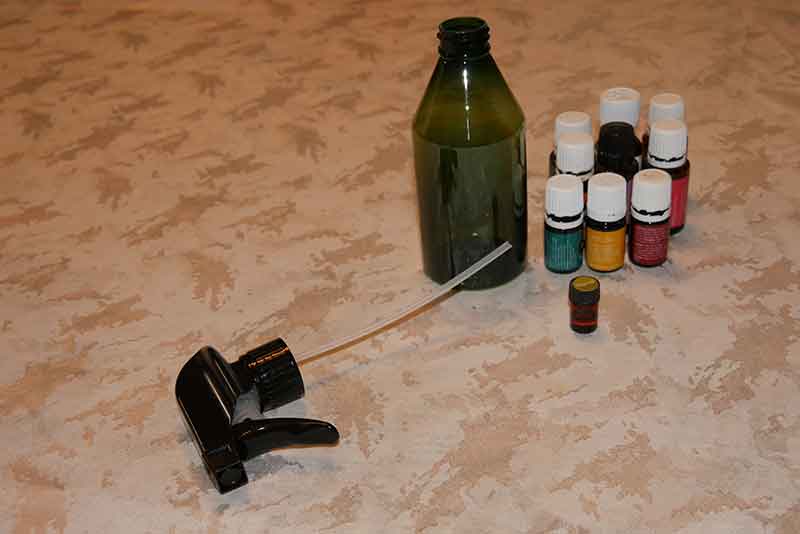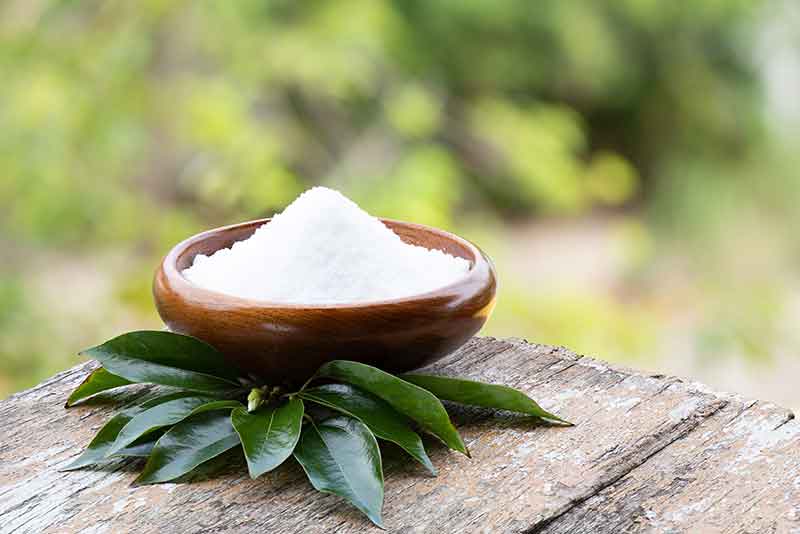Hey there, fellow eco-warriors! Are you tired of those pesky mosquitoes buzzing around and ruining your outdoor adventures? Well, worry no more because I’ve got a fantastic solution for you that not only keeps those bloodsuckers away but also aligns perfectly with our mission of living an environmentally friendly lifestyle. Get ready to create your very own mosquito repellent at home, using simple and natural ingredients that will have those mosquitoes running for cover. Let’s dive into the world of DIY mosquito repellents!
DIY Mosquito Repellent Recipes
Let’s explore some amazing natural mosquito repellent recipes that will make those mosquitoes think twice before invading our peaceful sanctuaries.
1. Neem Oil-Based Repellent:

Neem Oil acts as nature’s shield against mosquitoes. When it comes to natural remedies, using neem oil for mosquitos is a tried and tested method. Not only is it effective in DIY Insect repellent recipes , but it’s also gentle on our skin and the environment
- Mix 2 tablespoons of neem oil with 1 cup of a carrier oil (such as coconut oil).
- Apply the mixture to exposed areas of your skin to repel mosquitoes.
- Store the mixture in a spray bottle (preferably glass) for longer life.
2. Essential Oil-Based Repellent:

Who said repelling mosquitoes can’t be a fragrant experience? Enter essential oils! Using essential oil for mosquitos serves two purposes, first, it keeps mosquitoes at bay and second you smell great!
- Mix 10-15 drops of essential oil (e.g., citronella, lemongrass, peppermint, lavender, eucalyptus) in 1 tablespoon of carrier oil (e.g., coconut oil, almond oil, jojoba oil).
- Add 1 tablespoon of witch hazel
- Transfer the mixture to a spray bottle filled with distilled water. Shake well and apply on your skin or clothing.
3. Camphor-Based Repellent:

The nostalgic scent of camphor! You may associate it with your grandma’s old trunk, but did you know it can also be a potent mosquito repellent? Yes, here is how.
- Place a few ( 4-5) camphor tablets in a bowl of water.
- Keep the bowl in the corners of your room or near windows to repel mosquitoes.
4. Lemon and Cloves Mixture:

Want to perform some black magic on mosquitos? Well, prepare your arsenal with lemon and cloves for mosquitoes to leave the battlefield there and then!
- Cut a lemon into halves and insert several cloves into each half.
- Place these lemon halves in areas where mosquitoes are likely to gather, such as near windows or outdoor seating areas.
Tips for Using Homemade Repellents Effectively
To maximise the effectiveness of your homemade mosquito repellents, consider the following tips:
- Apply the repellent evenly and generously to exposed skin.
- Reapply the repellent every few hours or as needed, especially if you sweat or come into contact with water.
- Wear protective clothing, such as long sleeves and pants, when spending time outdoors in mosquito-prone areas.
- Keep windows and doors screened to prevent mosquitoes from entering your home.
- Remove stagnant water sources, as they serve as breeding grounds for mosquitoes.
Precautions when using natural mosquito repellents:
- Patch test: Before applying any DIY mosquito repellent mixture to your skin, perform a patch test on a small area to check for any adverse reactions or allergies.
- Avoid contact with eyes and mouth: When applying repellents, be cautious to avoid contact with your eyes and mouth. If contact occurs, rinse thoroughly with water.
- Not for infants: Some essential oils and ingredients may not be suitable for use on infants and young children. Check with a healthcare professional before using repellents on young children.
- Personal tolerance: Different individuals may have different sensitivities to essential oils and other ingredients. If you experience any irritation or discomfort, discontinue use and consult a healthcare professional.
Benefits of Homemade Mosquito Repellents
Making your own mosquito repellent at home offers several advantages. Firstly, it allows you to have control over the ingredients used, ensuring that you are using natural and non-toxic substances. Additionally, homemade repellents are often more cost-effective compared to their commercial counterparts, saving you money in the long run. Lastly, you have the flexibility to customise the scent and potency of the repellent to suit your preferences.
Conclusion
Congratulations, my fellow eco-enthusiasts! By making your own diy mosquito repellent at home using natural ingredients like neem oil, essential oils, camphor, lemon, and cloves, you’re not only protecting yourself from those annoying bloodsuckers but also contributing to a greener and healthier planet. Remember, living an environmentally friendly lifestyle doesn’t mean compromising on effectiveness. With a little creativity and a touch of nature, we can keep those mosquitoes at bay while enjoying the beauty of the great outdoors.
Now go forth, my friends, and banish those mosquitoes with your homemade repellent. Together, we can create a world that is not only free from buzzing nuisances but also embraces the power of nature in our daily lives. Happy mosquito-free adventures!
References
https://peerj.com/articles/5151
https://www.jstor.org/stable/24949847
FAQs

Mrs. Pushpa Khurana is a remarkable academic and culinary expert who has excelled in both education and cooking. Her academic Read more


